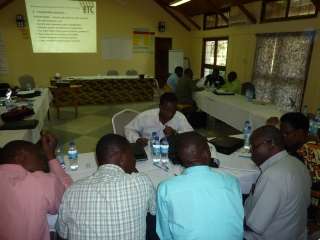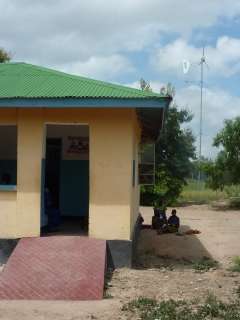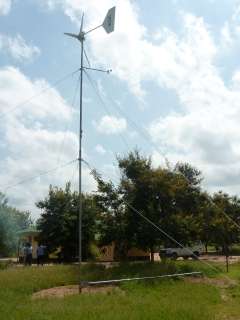
After the successful ‘Training the VETA-Teachers’ from all over the country, a follow-up workshop was organized. The participants of this workshop are representatives from all the major stakeholders of Renewable Energy in Tanzania. The goal of this workshop was to produce a vision or a strategy, to get renewable energy into the standard curriculum of all VETA-students. Special emphasis was given to small-scale wind turbines.
Vocational Education Training Centers (VTC) are controlled in Tanzania by the Vocational Education Training Authority (VETA), therefore they are normally called VETA’s. Education is given on 3 levels of craftsmanship, like there are welding, carpentry, electronical installations and many more. We are convinced that a Piggott-type turbine can be produced by craftsmen (called ‘fundi’ in Tanzania) under the supervision of an Engineer. The manufacturing of all parts of a Piggott wind turbine is labor intensive, which is actually a good thing for the local Tanzanian economy.

With now more than 100 people educated, the question rises if this is enough or that we still need many more. In the latter case, it would be a good thing to implement the education of small-scale wind turbines nation wide in the standard curriculum. As mentioned above, the stakeholders came together to discuss this topic. They are: VETA management from HQ including the director of the curriculum program, the branch association TAREA, the governmental department within the ministry of Energy & Minerals, called Rural Electrification Agency (REA), ETC-foundation from the Netherlands, and I Love Windpower – Tanzania. Moreover VTC’s with already some experience in solar and wind were among the participants.

The outcome of this workshop is written down in a report, which is available on request. In conclusion, the level of the market demand has been questioned. On the one hand, sometimes we experience too few technicians locally available to do Operation & Maintenance; on the other hand there are still very few companies producing few turbines. Moreover, there is an issue on the availability of a favorable wind regime. Roughly speaking only half of Tanzania is windy enough to make an investment in wind energy economically viable. Therefore I Love Windpower is completely agreeing with the general recommendation of the team, that a thorough labor market survey will be needed before a decision can be made on the magnitude to roll out wind energy in the standard curriculum. The same conclusion holds for other Renewable Energy sources. VETA is in the lead to conduct this labor market survey, in the near future.
